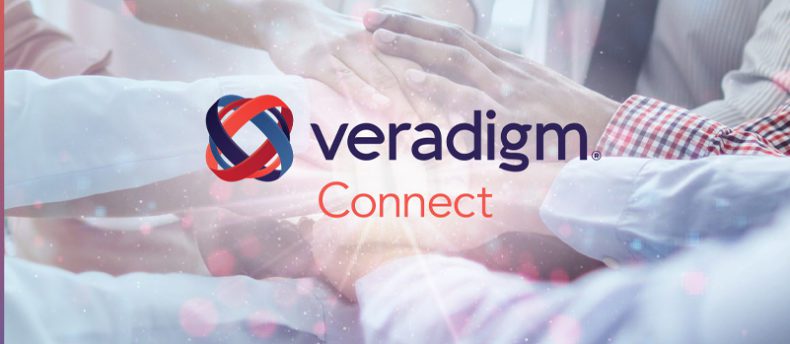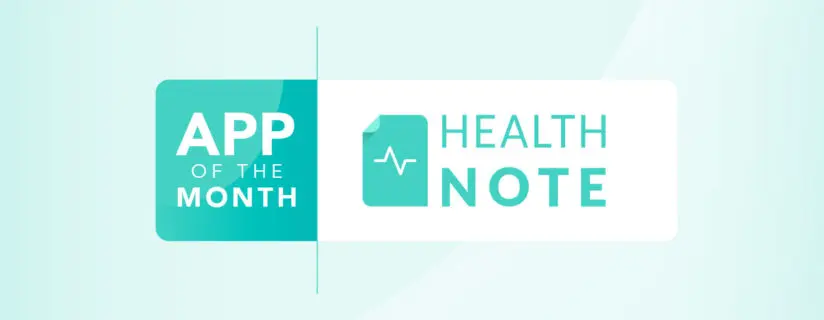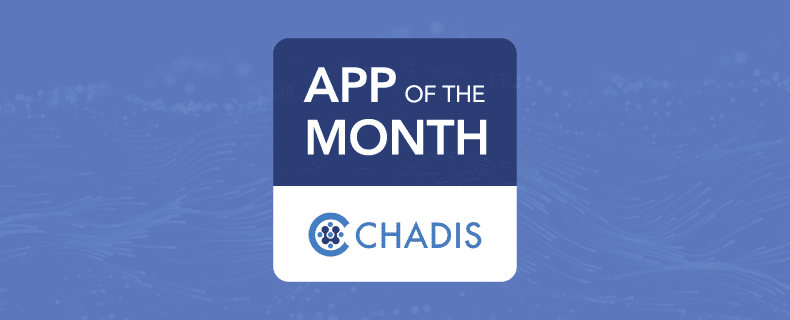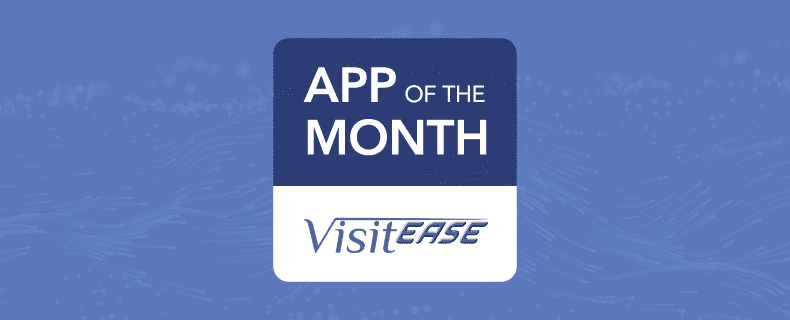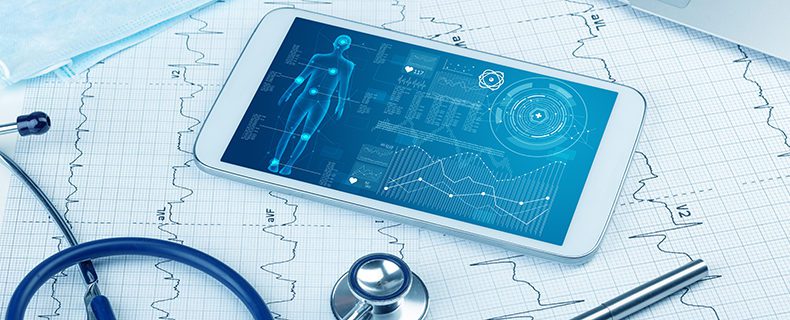Blog Posts
Veradigm® Connect’s Top Apps Bring Solutions that Change How Healthcare Practices Can Operate
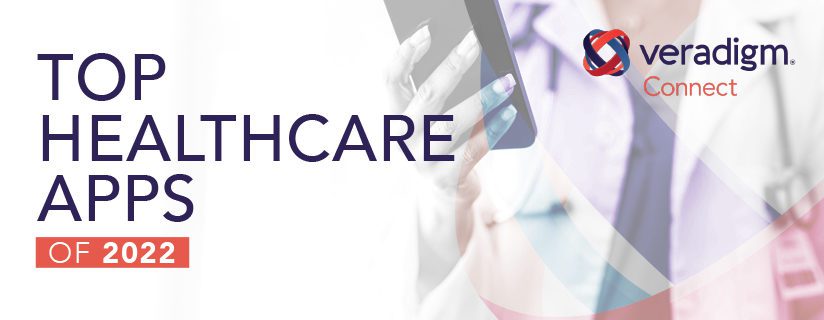

In 2022, the healthcare industry continued to wrestle with numerous issues brought out during the COVID-19 pandemic. These issues have ranged from staff shortages to cybersecurity concerns to increasing pressure to control costs while delivering—and documenting—high-quality care. That’s why we have spotlighted how Veradigm Connect health-IT members have been tackling some of these most pressing problems.
Our newest issue of Next Now, “Top Healthcare Apps of 2022,” features our Veradigm Connect developers and how they are working to change the practice and business of medicine. This issue of our eMagazine showcases some of the major improvements our Veradigm Connect member applications are enabling for healthcare organizations.
Leveraging Artificial Intelligence to improve patient care
Artificial Intelligence (AI) has the power to reduce workload in many administrative positions, particularly for more commonplace or repetitive work. Veradigm Connect members have harnessed AI to automate the indexing of patient documents, which enhances the overall operational efficiency of health information management. AI can also help manage patient calls, replacing call answering services and voicemail systems with an intelligent front desk auto-attendant. These apps enable practices to save time, minimize errors, and improve patient care.
Automating tasks to ease staff and provider burnout
The healthcare sector is plagued by both staff and provider shortages, overwork, and burnout—but our Veradigm Connect developers have helped address some of these issues by automating a wide range of practice tasks. New apps can help complete notetaking and paperwork that would otherwise have to be conducted by administrative staff or providers. They can administer pre-visit screenings, eliminating the need to manually deliver, score, and upload patient questionnaires to the electronic health record (EHR). They can even assist with patient care coordination for general wellness care. Automation saves practices time and money, as well as enhancing patient engagement, optimizing time with patients, and decreasing physician burnout.
Data analysis
As value-based care models become more commonly accepted in the healthcare sector, integrated healthcare analytics become increasingly critical to ensure compliance with value-based care requirements. Collecting data and creating reports can help practices meet Meaningful Use criteria and other federal requirements. Data can also be used to provide evidence-based tools to help with clinician decision support, for the creation of customized treatment plans, and to support billing code assignment to assist with insurance reimbursement. Several of the developers collect and analyze data to assist in directing the practice.
Check out our latest issue of Next Now to learn more about the 2022 Top Apps and how they can benefit your practice in 2023 and beyond.


